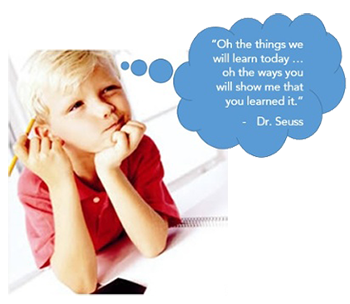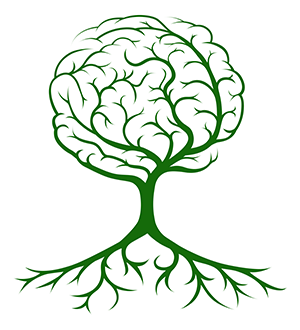As we implement higher standards across the country, it has become increasingly important that we identify and use a variety of strategies to assess student learning so that the appropriate interventions may be provided.
One strategy is to encourage students to reflect on their reasoning and justify their work. The idea of justifying your work in mathematics has to go beyond the use of inverse operations to “prove” that the calculation was correct. This way of checking is not justification since it does not address the student’s use of metacognition—the thinking about thinking—that goes beyond the use of an algorithm and takes you into their decision-making processes.











 At EdView360, we’re big fans of digital learning. We’ve seen the transformative effect that excellent digital instruction can have on students, teachers, and entire classrooms, and we couldn’t be happier today to be celebrating
At EdView360, we’re big fans of digital learning. We’ve seen the transformative effect that excellent digital instruction can have on students, teachers, and entire classrooms, and we couldn’t be happier today to be celebrating